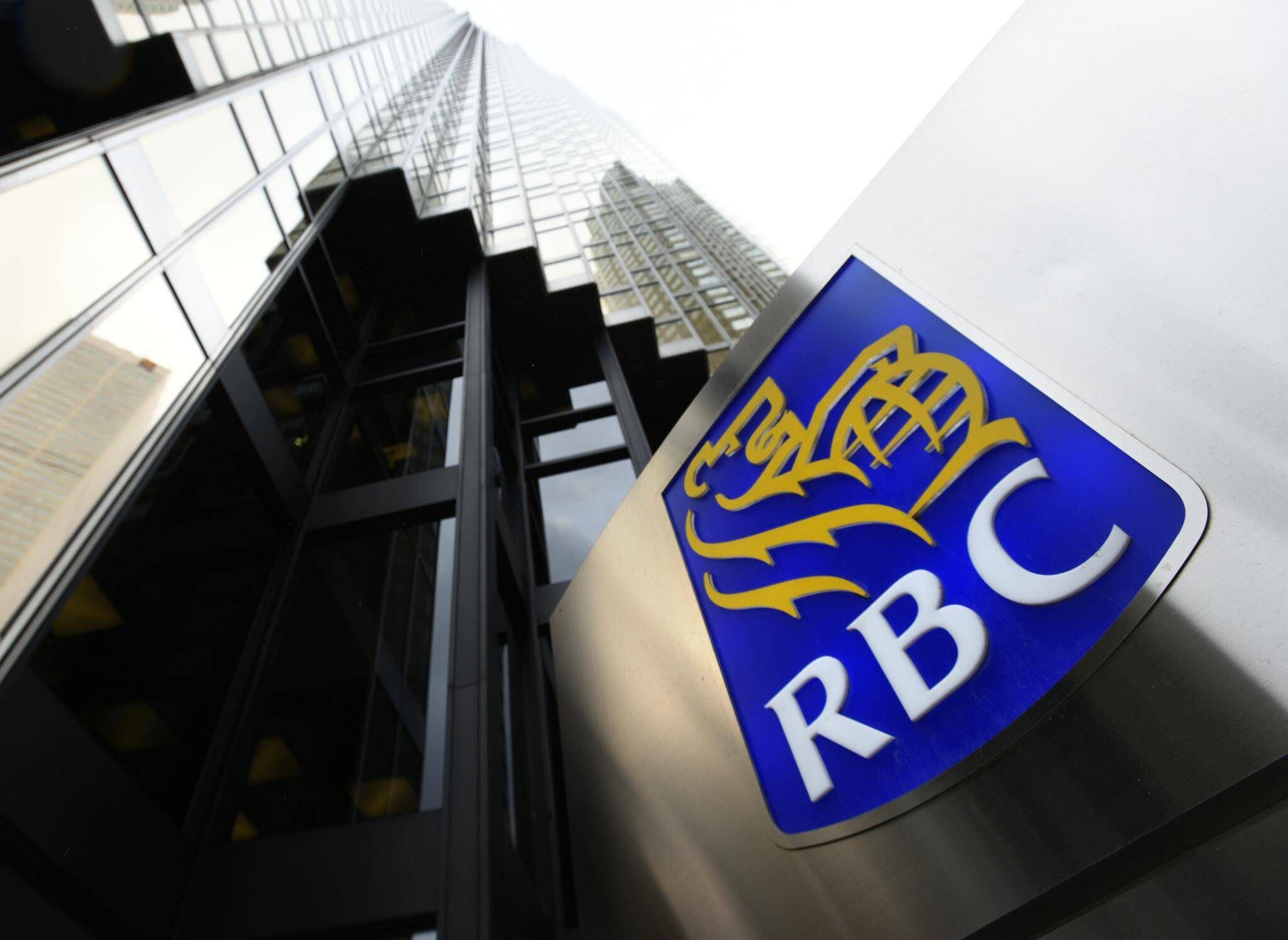Mortgage rates can be confusing. They're affected by a number of factors, and they can change daily. Here's a quick overview of what you need to know about Cibc mortgage rates, how they're determined, and how to get the best rate for your home loan.

Mortgage rates are always changing. They're affected by everything from the Federal Reserve's monetary policy decisions to the amount of bonds being traded in the secondary market. And because rates can change quickly, it's important to stay up-to-date on the latest trends.
Fortunately, understanding mortgage rates is relatively simple. In this article, we'll give you a crash course on everything you need to know about mortgage rates, including how they're determined and what you can do to get the best rate for your home loan.
How Mortgage Rates Are Determined
Mortgage rates are set by lenders and investors in the secondary market. The Federal Reserve's monetary policy decisions can influence mortgage rates, but there's no direct link between the two. Instead, the Fed's actions affect the bond market, which in turn affects mortgage rates. When bond prices rise, mortgage rates usually fall, and vice versa.
In addition to the Fed's actions, mortgage rates are also influenced by economic indicators like inflation, unemployment, and gross domestic product (GDP). If these indicators are strong, it generally signifies a strong economy, which is good for housing and tends to lead to lower mortgage rates. Conversely, if economic indicators are weak, it could signal a recession on the horizon, which would likely lead to higher mortgage rates.
Finally, mortgage rates are also impacted by the type of mortgage product you choose. For example, adjustable-rate mortgages (ARMs) typically have lower interest rates than fixed-rate mortgages because there's more risk involved for lenders. With an ARM, your interest rate could rise or fall over time depending on economic conditions. With a fixed-rate mortgage, your interest rate will remain the same for the life of the loan—no matter what happens with the markets or economy.
3 Ways to Get the Best Mortgage Rate
Now that you understand how mortgage rates are determined, let's take a look at three things you can do to get the best rate possible for your home loan:
1) Shop around with multiple lenders - One of YYY best pieces of advice is to shop around with multiple lenders before choosing one. This way you can compare offers from different lenders and see who can give you the best rate based on your unique circumstances. Keep in mind that each lender has their own criteria for approving loans, so even if one lender offers you a lower rate than another doesn't necessarily mean they'll be able to approve your loan.
2) Consider an adjustable-rate mortgage - As we mentioned earlier in this article, adjustable-rate mortgages typically have lower interest rates than fixed-rate mortgages—at least at first. If you think there's a chance you may sell your house or refinance before your initial fixed-rate period ends (typically five or seven years), an ARM could save you money on interest over time. Of course there's also more risk involved with an ARM since your interest rate could increase down the road if economic conditions warrant it—but that could happen with any type of mortgage product if interest rates rise in general.
Conclusion:
Rates may be rising now , but that doesn't mean you can't still get a great deal on your home loan . By shopping around with multiple lenders , considering an adjustable-rate mortgage , and getting preapproved for financing , you'll put yourself in position to get a low interest rate — no matter what happens with the markets or economy .
 icons at the top right corner of the subsection.
icons at the top right corner of the subsection.